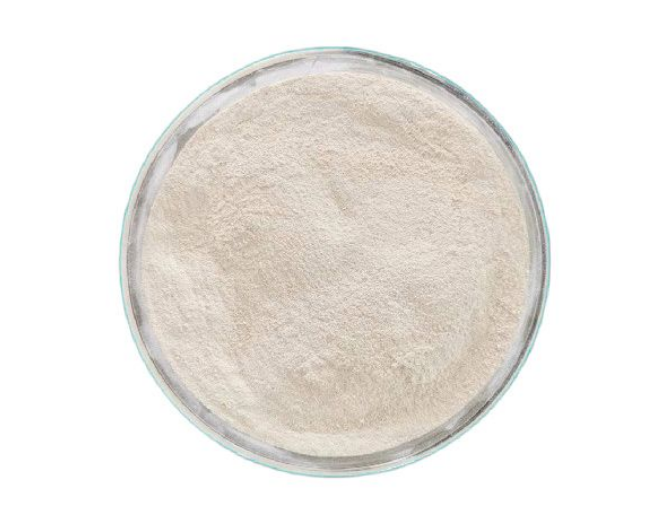Is it safe to consume dicalcium phosphate?
In the realm of dietary supplements and food additives, dicalcium phosphate is a compound that has gained attention for its versatile applications. Also known as calcium hydrogen phosphate, this compound is a significant source of both calcium and phosphorus, essential minerals that play vital roles in maintaining bone health, cellular function, and overall well-being. However, as with any substance intended for consumption, concerns about safety arise. This article aims to delve into the safety considerations surrounding dicalcium phosphate, examining its uses, benefits, potential risks, and regulatory oversight.
The Uses and Benefits of Dicalcium Phosphate:
Dicalcium phosphate is commonly used as a dietary supplement, often included in various products such as multivitamins, calcium supplements, and bone health formulas. Its appeal lies in its dual benefit of providing both calcium and phosphorus, two minerals crucial for maintaining strong bones and teeth. Calcium is well-known for its role in bone density and muscle function, while phosphorus is integral to energy production, cell repair, and genetic coding.
Beyond its role in dietary supplements, dicalcium phosphate serves as a food additive. It can be found in processed foods, acting as a buffering agent, anti-caking agent, or a source of calcium enrichment. Its multifunctional properties make it a valuable ingredient in food production.

Safety Considerations:
When evaluating the safety of dicalcium phosphate consumption, several factors come into play. Firstly, it is important to recognize that dicalcium phosphate is generally regarded as safe (GRAS) by regulatory agencies, including the U.S. Food and Drug Administration (FDA) and the European Food Safety Authority (EFSA). However, this designation is contingent upon its usage within established limits.
For most individuals, dicalcium phosphate supplements, when taken in appropriate doses, are unlikely to pose significant health risks. Adequate calcium and phosphorus intake is essential for overall health, and dicalcium phosphate can contribute to meeting these requirements. Nevertheless, excessive consumption of these minerals, whether from supplements or dietary sources, can lead to imbalances and potential health complications. Oversupply of calcium, for instance, may result in kidney stones or impaired absorption of other minerals.
Balancing Act:
Achieving the right balance is key when it comes to dicalcium phosphate consumption. Just as insufficient intake of calcium and phosphorus can have detrimental effects on bone health, excessive intake can also be problematic. It is advisable to consult with a healthcare professional before adding dicalcium phosphate supplements to one's regimen, especially if there are existing health conditions or concerns.
Moreover, individuals should be mindful of the cumulative intake of calcium and phosphorus from both dietary sources and supplements. A well-rounded diet that includes dairy products, leafy greens, nuts, and seeds can provide a substantial amount of these minerals, reducing the need for excessive supplementation.
Conclusion:
In conclusion, dicalcium phosphate (DCP) can be considered safe for consumption within recommended limits. Its dual role as a source of calcium and phosphorus makes it valuable for supporting bone health and overall well-being. Regulatory agencies have established guidelines to ensure its safe use in both dietary supplements and food products. However, like any nutritional compound, moderation and awareness are crucial. As with any dietary decision, seeking guidance from a qualified healthcare professional is essential to ensure that dicalcium phosphate supplementation aligns with individual health goals and needs. In the pursuit of a balanced and healthy lifestyle, understanding the benefits and risks of dietary components like dicalcium phosphate empowers individuals to make informed choices that contribute to their overall vitality.
202
0
0
All Comments (0)
Previous: Explore the Mystery of Hafnium Wire
Next: Hydroxy Ethyl Cellulose (HEC): A Versatile and Eco-Friendly Additive
If you are interested in sending in a Guest Blogger Submission,welcome to write for us!




Comments